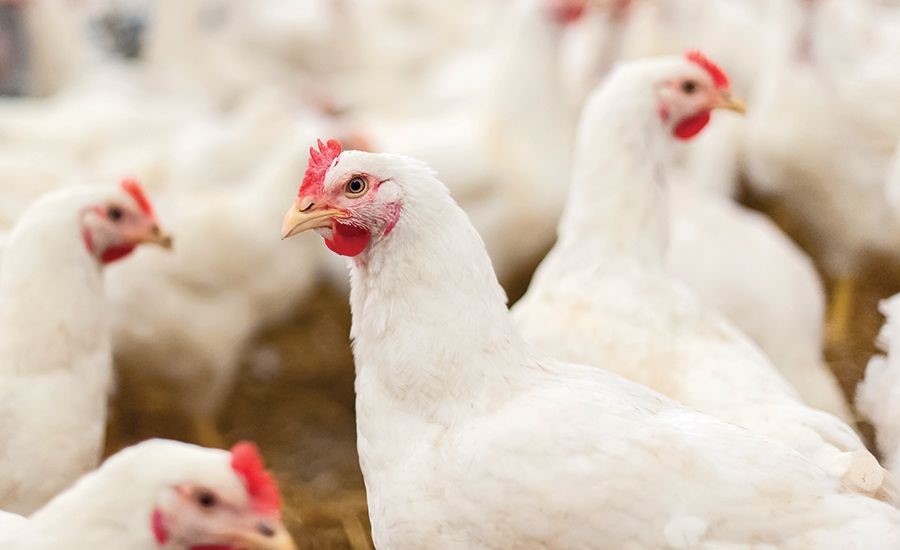What does social responsibility in poultry farming mean?
In a MPCO, it’s all about real leadership - there’s a deep commitment within the whole team to corporate and social responsibility.
It’s not simply a written policy … it’s a way of working and thinking.
More eggs, fewer resources - poultry farming is leading the way towards a more sustainable future.
So what is the future of CSR in the global poultry industry? We think the answer is the environment. Over the past 50 years, the amount of resources that the poultry industry needs to produce one egg has dropped dramatically. It is a win-win situation that demonstrates that productivity and environmental sustainability can go hand in hand - done to enhance efficiency, but it has a massive positive environmental impact.
The planet is warming at a rate unprecedented in the past 1,300 years, and the resulting harm to humanity could be catastrophic. Climate change has become one of the greatest challenges of our era and every industry has a responsibility to tackle the problem head-on.
To reduce our environmental footprint while creating jobs for this generation and the next, we need to make more for less. We need to create more products and services while using less land, less water and fewer fossil fuels. Greening and growing productivity can go hand-in-hand. The egg industry, after all, has been doing it for a half-century.
This isn’t just about a single company or industry. We want to understand how sustainable we are across the value chain.
It turns out the poultry industry is a sustainability success story.

